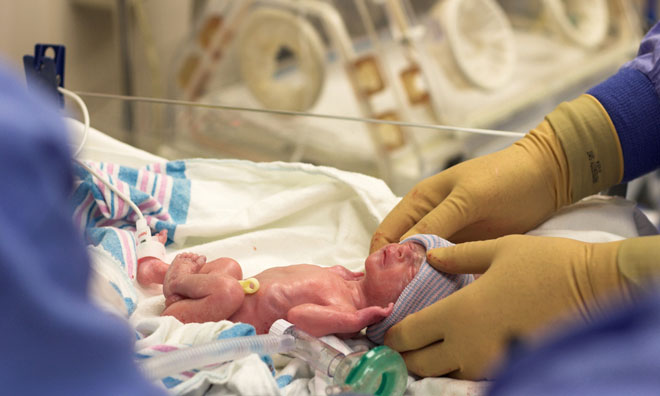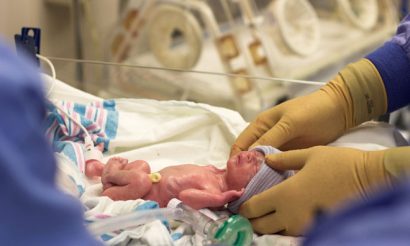ObsEva initiates Phase 1 clinical program of OBE022 for the treatment of preterm labor
Posted: 28 July 2016 | | No comments yet
ObsEva initiates Phase 1 clinical program of OBE022, a first-in-class orally active Prostaglandin F2alpha antagonist, for the treatment of preterm labor…




ObsEva, a biopharmaceutical company innovating women’s reproductive health and pregnancy therapeutics from conception to birth, announced today the initiation of a Phase 1 clinical program of OBE022, a novel, first-in-class, orally-active, small molecule prostaglandin F2alpha (PGF2alpha) receptor antagonist. OBE022 is being developed for the treatment of preterm labor. This program will evaluate in 70 healthy volunteers the safety and tolerability, pharmacokinetics and pharmacodynamics of single ascending and multiple ascending oral doses of OBE022 as well as the effect of food on the absorption of OBE022. ObsEva is developing OBE022 to safely control PGF2alpha – mediated inflammation, uterine contractions, membrane rupture and cervical changes, which are the key features of preterm labor resulting in preterm birth.
Administration of broad prostaglandin synthesis inhibitors, including NSAIDs such as Indomethacin, has been shown to be effective in causing tocolysis (the postponement of preterm labor) (Haas, 2012). However, the use of prostaglandin synthesis inhibitors is strictly limited by severe adverse events which include premature closure of the fetal ductus arteriosus, fetal and neo-natal renal function impairment, and neo-natal necrotising enterocolitis (Besinger, 1991, Sawdy, 2003, Hammers, 2015). In preclinical studies, OBE022 was shown to inhibit spontaneous uterine contractions in pregnant rats. Moreover, OBE022 was not observed to constrict the ductus arteriosus or impair the neo-natal renal function in this model, which is believed to be because of its specificity relating to the PGF2alpha receptor. Altogether these observations support the potential of OBE022 as a tocolytic without the safety liability of NSAIDs.
“The first-in-human study program is an important step towards the development of our first-in-class, orally active, PGF2alpha antagonist OBE022. This further strengthens our advanced clinical stage product pipeline. The program, designed for evaluating in healthy women, the safety, the tolerance and the pharmacokinetics properties of OBE022, will be essential for moving to Phase 2 in 2017,” stated Jean-Pierre Gotteland, Chief Scientific Officer of ObsEva.
Oliver Pohl, Senior Director Non-Clinical Development and Phase 1 of ObsEva added: “The role of prostaglandins in preterm labor and the dilemma of risks versus benefits for the fetus and the neonate, by broadly inhibiting prostaglandin synthesis, is well established. Within the family of prostaglandins, PGF2alpha plays a central action in labor and OBE022 specificity to antagonize its action should provide a new modality for the treatment of preterm labor with an improved safety profile compared to NSAIDs.”




